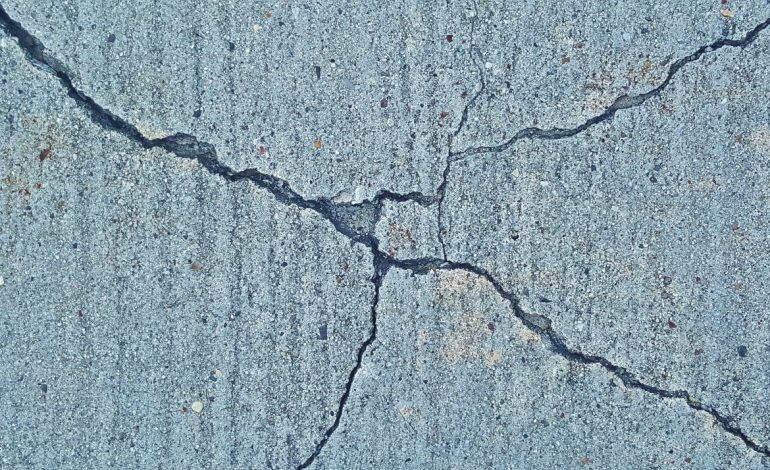Track your cracks, otherwise they would attack

Foundation wall cracks trigger a number of questions:
Are wall cracks normal? Are they bad?
Will the crack get bigger over time? What caused it?
Will the crack allow water to leak inside the foundation?
Is this a structural crack that compromises the strength and stability of the wall?
What can be done to fix it?
Leaving these questions unanswered can cause any homeowner to lose sleep. The following is a list of cracks common in houses, offices, facilities, warehouses, or any facilities. Who knows, your property may have any of them already.
1. Vertical Cracks
These are large vertical cracks that are typically due to soil settlement. Settling soil creates additional pressure on a foundation wall and can lead to cracking. Vertical cracks often admit significant amounts of water and must be repaired.
2. Horizontal Cracks
They are a serious issue that usually indicates heavy soil pressure. This happens when water-saturated soil is exerting pressure against the wall from the outside. Such walls may eventually bow and buckle, or possibly even cave in. Horizontal cracks require immediate repair.
3. Stair Step Cracks
Sometimes when a concrete block foundation wall cracks in response to soil pressure or settlement, the cracking occurs along mortar joints between individual blocks. These can run throughout the wall and form a stair-step pattern. Stair step cracks often indicate a foundation problem that needs repair.
You may be wondering what causes cracks. Do they just show up on your walls naturally? The following are the possible causes of cracks in foundation walls:
1. Shrinkage of concrete or mortar
These cracks are tiny –too narrow to admit your fingernail. Shrinkage cracks don’t change size and don’t diminish the strength or stability of the foundation.
2. Soil settlement
If some of the soil beneath a foundation wall compresses or is washed away due to heavy rain or a water leak, the wall (and its footing) can crack vertically and settle into the depression.
3. Soil pressure
Outside the foundation, expansive clay soil or water-saturated soil can push in on a foundation wall with great force. If this pressure is too great for the wall, it can develop horizontal and/or diagonal cracks. Cracks are often accompanied by wall displacement in the form of bowing or tilting.
4. Construction defects
Inadequate reinforcement, weak concrete, and undersized footings are some of the construction defects that can make a foundation wall more prone to cracking.
While not all foundation cracks are necessarily bad, some may signify a larger problem. You do not want to compromise your safety. Save your time and money by having your property checked. Track your cracks, otherwise, they would attack.
Call 808 Construction Inc. at (613) 879-0641. We are Licensed, Insured and Certified repairers/ installers always at your service.
Copyright 2020, All Rights Reserved

Leave A Reply